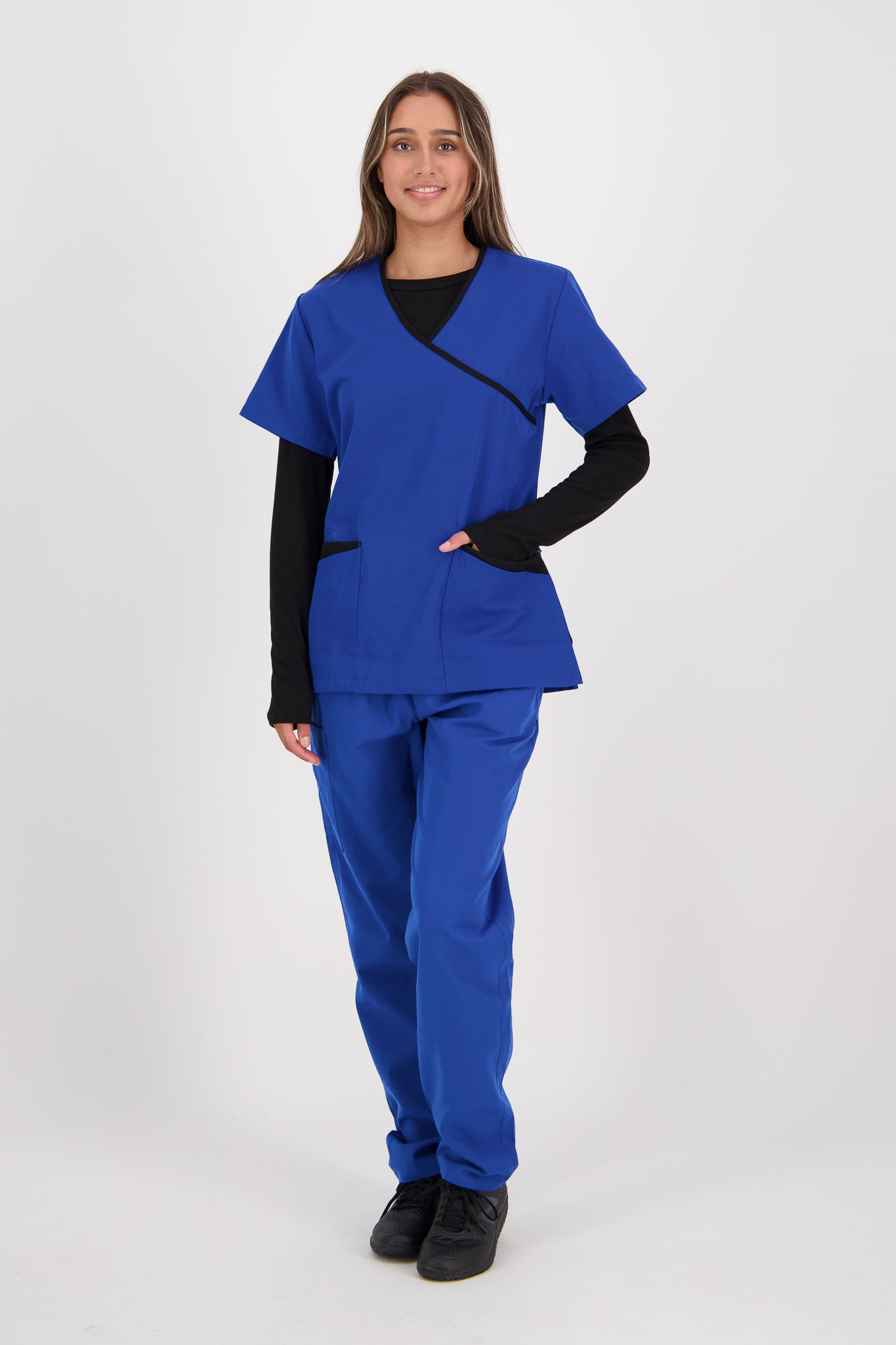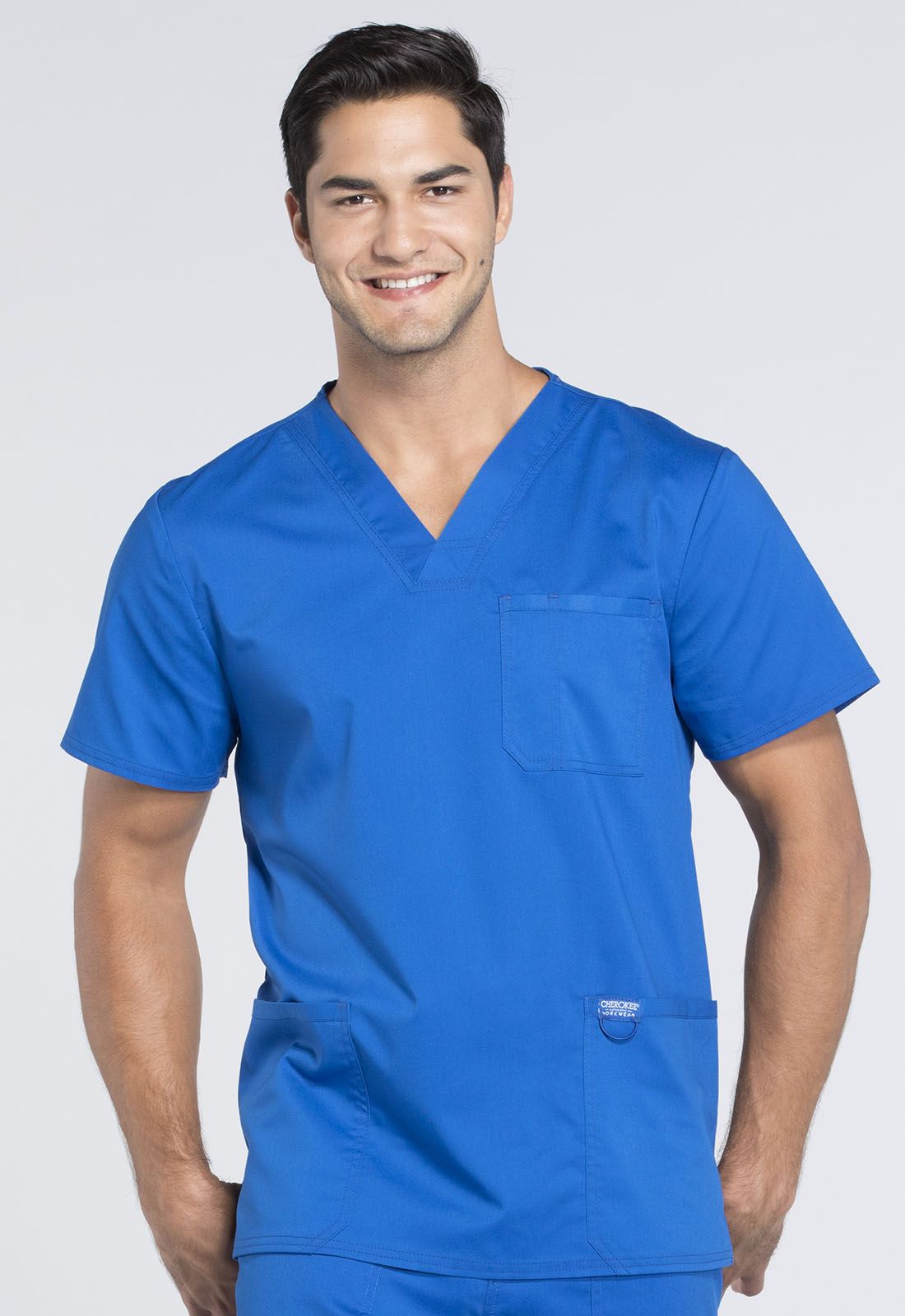It's time for a new, company-wide uniform, and you're doing your research around the best supplier to engage with. This is the point in your decision making process where you need to be asking the bigger picture questions, however sometimes, it's difficult to know what those actually are.
In New Zealand, the question of ethics in clothing is one that's continuously raised and measured, with an extensive report of common clothing suppliers that you'll be familiar with released every single year. Just like restaurant food safety grades, clothing has these too.
It's unlikely that your uniform supplier is on the list, so we've put together a list of important questions to ask them to make sure they're complying with basic ethical standards.
Do you employ fair-trade labour?
A lot of clothing is manufactured in bulk in large, factory conditions. Sometimes, these conditions can be quite unfair and unethical, asking workers to work for below living cost wage, for long hours in confined spaces. Inhumane, right?
Fair trade means the institutional agreement designed to help producers in developing countries achieve better working conditions. If your supplier is fair trade certified, you can be sure that from the cotton picking farms to the factory end of the process, all workers are getting a fair deal.
Are the materials you use sustainable?
When uniforms are being produced in large quantities, it's really important that the materials they're made of are both fit for purpose, and sustainable. There are a lot of things that go into the process of making clothing which can be detrimental to the environment, from toxic dyes that pollute waterways with harmful chemicals, to the use of fossil fuels to make synthetic materials.
It's a great idea to check out the materials that your supplier is using, and delve into the manufacturing processes. There are a few materials out there that are known to be eco-friendly, which is a great place to start:
- Organic cotton
- Hemp
- Recycled polyester
- Linen
- Silk
- Reclaimed Fabrics
Do you have regulated health and safety policies during production?
In New Zealand, we have pretty tight health and safety legislation that ensures that workers are protected and safe when they're at work. Unfortunately in developing countries, not only are conditions and wages unfair, sometimes they're unsafe as well.
It only takes a quick google search to see the devastating impact that a workplace with no clear health and safe regulations can have. Take, for example, the Rana Plaza building collapse in Bangladesh in 2013 which killed more than 1000 garment workers.
A lot of large companies such as Nike and Adidas release a health and safety guarantee online to reassure their customers. Make sure to take your due diligence and ask your uniform supplier where their health and safety standards sit.
Are your textiles recyclable?
Of course, it's not just about how a garment is made, it's also about what happens to it once your team is done with their uniform. There millions and millions of tonnes worth of clothing waste each year around the globe, and once in a landfill, these textiles can take hundreds of years to decompose.
There are to ways you can do your part with recyclable materials:
- The first is to make sure that when you're done with clothing, you're personally making sure it's not going straight in the bin. There are plenty of options out there, from art and craft projects, to clothing donation bins, so make sure do to your part.
- The second, is to ask your uniform provider if their textiles are recyclable or made from recycled materials. There are actually materials available now that are made from waste plastics in the ocean, and turned into recycled polyester. In addition, old cotton clothing can be broken down into cotton fiber and reused to create new garments.
There are plenty of options out there, so make sure you're looking into your supplier's ethical history.
Our position on environmental responsibility
At Arrow, we're confident in our economic, environmental and social standards. You can rest assured that you're working with a company that's focused on leading the uniform supply industry in minimising the impact of its activities on the environment.








Leave a comment
This site is protected by reCAPTCHA and the Google Privacy Policy and Terms of Service apply.